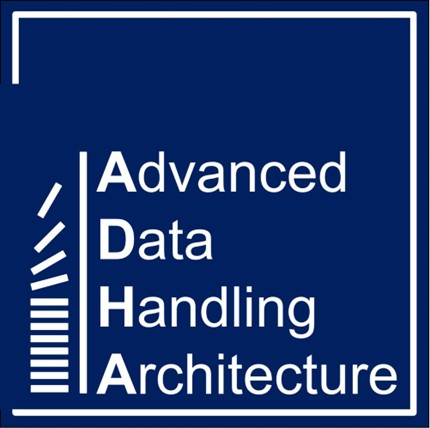Advanced Data Handling Architecture (ADHA)
To contribute towards the European Space Agency’s (ESA) objectives of reducing spacecraft development time, achieving cost efficiency, and promoting faster adoption of innovative technologies, the On-Board Computer and Data Handling Systems section (TEC-EDD) is currently engaged in several activities with European industry partners.
The aim is to develop across ESA member states an Advanced Data Handling Architecture (ADHA) based on standardized, interchangeable, and interoperable electronics modules equipped with the latest generation of microelectronics components. This architecture is intended for utilization in Low Earth Orbit (LEO) satellites, particularly for Earth Observation missions.
ADHA is an initiative of FutureEO (Block 1, Foundations and Concepts) and DPTD (Preparation Element), supported by TDE , GSTP , InCubed , ARTES offices.
ADHA INDUSTRIAL TEAMS:
ADHA regroups several industries involved at different levels with different responsibilities.
- ADHA-2 System Study teams:
The two system study teams are primed by ADS(DE) andTAS(IT). The full system study teams include: ADS (DE, FR), TAS (IT, FR, BE, UK), OHB(DE), Beyond Gravity (SE), and DSI (DE) - ADHA Large-Scale Integrator (LSI) team:
This group is currently composed of: ADS (DE, FR), TAS (IT, FR), OHB (DE) - ADHA modules and unit manufacturers/integrator team:
This group is currently composed of: ADS (FR), ADS CRISA (ES) TAS (IT, BE, UK), DSI (DE), Beyond Gravity (SE, FI), OHB (DE), GMV (RO), EvoLeo (DE), KP Labs (PL), Frontgrade Gaisler (SE), Active Space Technologies (PT) - Industry working on specific key technologies or building blocks that will be used in ADHA: This group is currently composed of: Axon Cable (FR), Alter (ES, FR), Performance Interconnect (FR), Frontgrade Gaisler (SE)
The ADHA standards are maintained by the ADHA Industrial Working Group (ADHA-IWG). Companies interested in participating in the ADHA-IWG should contact the representatives listed above.
ADHA SUMMARY
A paper summarising the Status, Current Activities and Industrial Road Map of ADHA can be found at the link below.
ADHA project documentation
The ADHA documentation covers technical and functional requirements, including interface requirements to ensure compatibility among ADHA products. It also encompasses Product Assurance/Quality Assurance requirements, environmental requirements, and development requirements to facilitate coordinated development of ADHA products, starting from Engineering Models up to Flight Models.
The ADHA standard documents can be downloaded from the ESA ESSR website (note: requires registration on the ESSR website):



